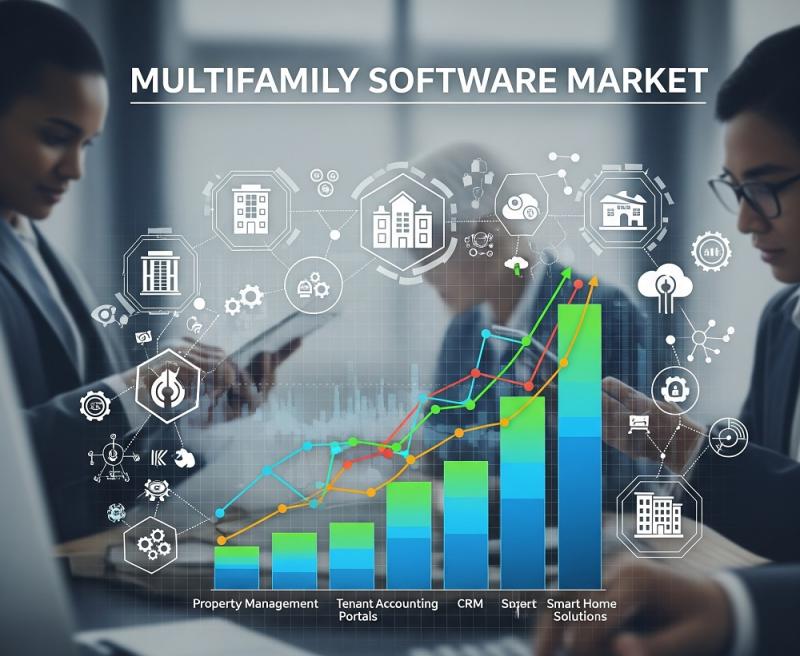July 2025: A Snapshot of Technological Advancements and Business Trends
Author: Joseph Green, Veronika Kero, Matt Ford

As we delve into the key developments in July 2025, we spotlight significant advancements in technology and major corporate strategies. The landscape is constantly evolving, with companies adapting to new regulations, enhancing infrastructure, and launching innovative products. This article summarizes pivotal events and trends shaping the industry.
In the realm of audio technology, Mashable published an insightful article listing the best headphones for Android devices, an essential guide for audiophiles and everyday users alike. The roundup includes popular models such as the Samsung Galaxy Buds3, Bose QuietComfort Ultra, and Sony WH-X1000XM6, each offering unique features tailored for optimal sound quality and user experience. Joseph Green, Veronika Kero, and Matt Ford meticulously scoured online reviews to curate the best options for Android enthusiasts, ensuring that readers can find their perfect audio partner.

A selection of top headphones for Android devices as featured by Mashable.
Meanwhile, in the regulatory sphere, Meta announced plans to halt political advertisements in the European Union due to stringent new rules on transparency and targeted advertising. This move comes as the EU tightens controls on how data can be used for political messaging, which takes effect in October. Kurt Wagner's report highlights the implications of these regulations on social media platforms and the broader advertising landscape, indicating a significant shift in how companies approach political marketing.

Meta's decision to cease political advertising in the EU reflects growing regulatory pressures on social media.
Further exploring corporate finance, Meta's CFO, Susan Li, disclosed that the company may seek external financing to support its burgeoning investments in artificial intelligence and infrastructure. With capital expenditures expected to approach $100 billion in 2026, this strategic pivot underscores Meta's commitment to bolstering its capabilities in AI amidst soaring operational costs.
In a rather alarming incident reported by InsideEVs, a Tesla driver activated the self-driving feature only to find themselves nearly driving into a body of water. This report raises critical questions regarding the safety and reliability of autonomous driving technologies. The public remains skeptical as incidents like these spark debates about the readiness of self-driving cars in real-world scenarios.

A Tesla in self-driving mode faced a dangerous situation, highlighting concerns over autonomous vehicle safety.
Another significant development is the rise of the multifamily software market, as detailed by HTF Market Intelligence in a comprehensive analysis. The report, spanning over 143 pages, delves into the market's trajectory and key players like MRI Software and AppFolio. With increasing demand for digital solutions in property management, this sector is poised for substantial growth.
Microsoft, on the other hand, is making headlines with its financial performance. The company is set to achieve a market cap of $4 trillion following an impressive earnings report. With Azure cloud sales soaring by 39%, Microsoft is navigating the tech landscape effectively and is anticipated to remain a strong player in the AI boom. Analysts express optimism regarding Microsoft's future growth and spending, indicating a robust strategy in deploying AI technologies across various business sectors.

Visual representation of the multifamily software market as analyzed by HTF MI.
As Meta continues to adapt its advertising strategies post-EU regulation, the company also recently registered a notable jump in revenue forecasts. Surveillance on its capital expenditures reveals a slight increase to support infrastructure improvements and AI investments, illustrating a proactive approach amidst financial headwinds.
In an intriguing opinion piece, insights into a proposed 'baby bonus' by President Trump are shared, highlighting the implications of taxpayer-funded programs amidst the surging influence of AI. These insights prompt readers to explore the socio-economic ramifications of such initiatives and their sustainability in an increasingly automated future.

A proposed baby bonus scheme by President Trump raises questions about economic sustainability.
Additionally, in the health tech sector, Ultromics successfully secured $55 million in a Series C funding round aimed at tackling undiagnosed heart failure on a larger scale. This funding will enhance their FDA-approved AI technology designed to improve detection rates in clinical settings. The intersection of AI and healthcare continues to be a transformative area, with innovations aimed at improving diagnostic accuracy and patient outcomes.
In conclusion, July 2025 presents a dynamic intermingling of advancements in technology, evolving corporate strategies, and regulatory changes. From enhanced consumer audio products to significant shifts in AI investment strategies and the emergence of important healthcare innovations, these developments highlight the ongoing transformation of various sectors within the tech industry. Stakeholders must remain agile and responsive in this fast-paced environment to harness opportunities and navigate challenges effectively.